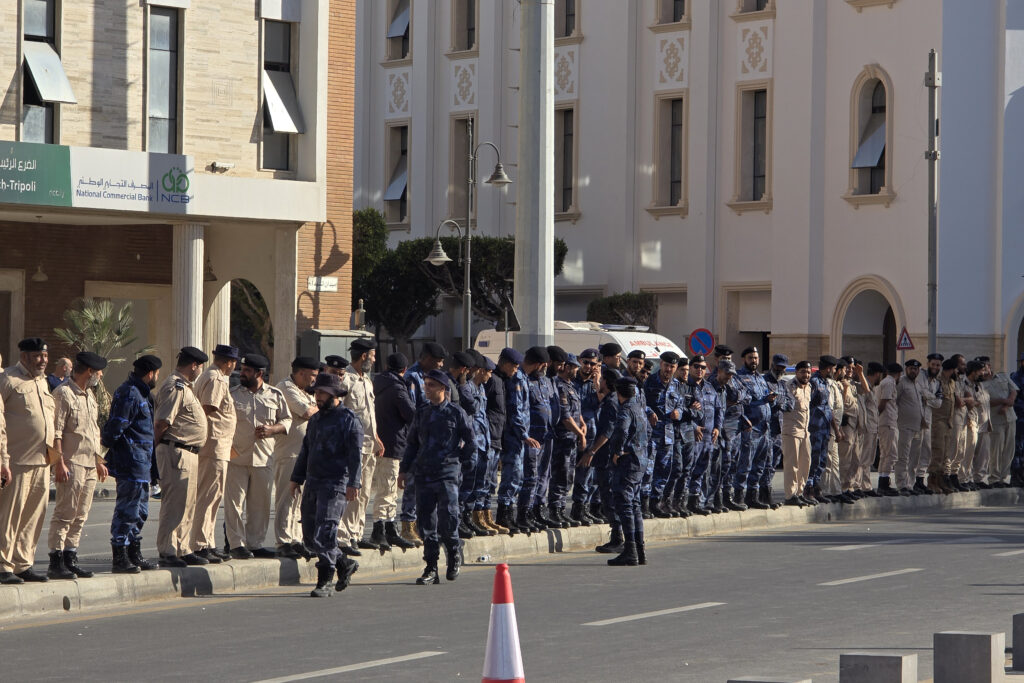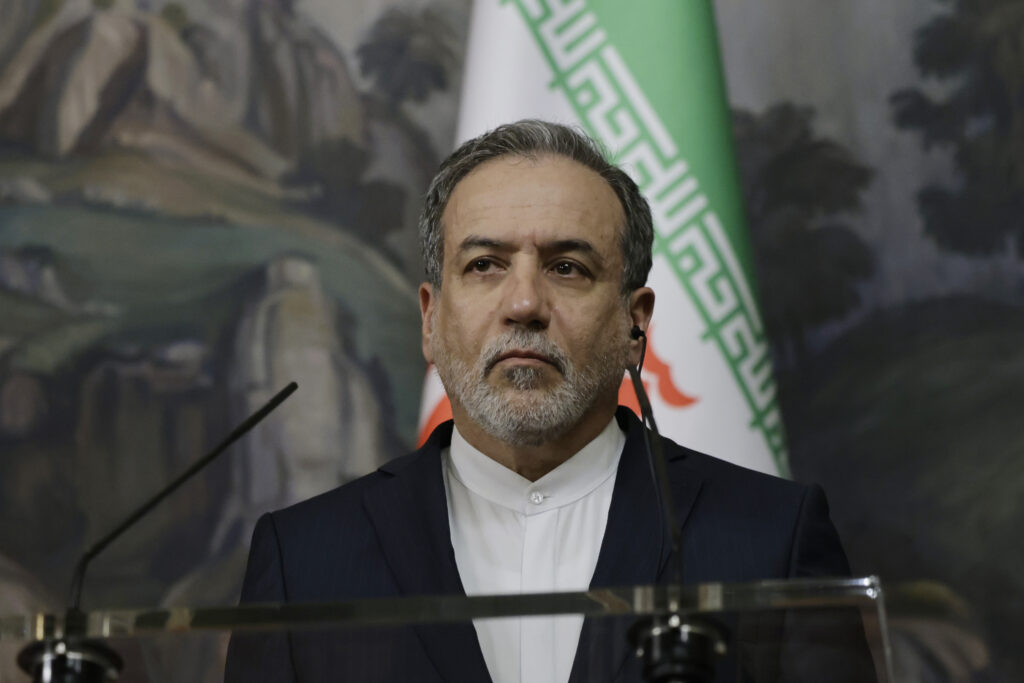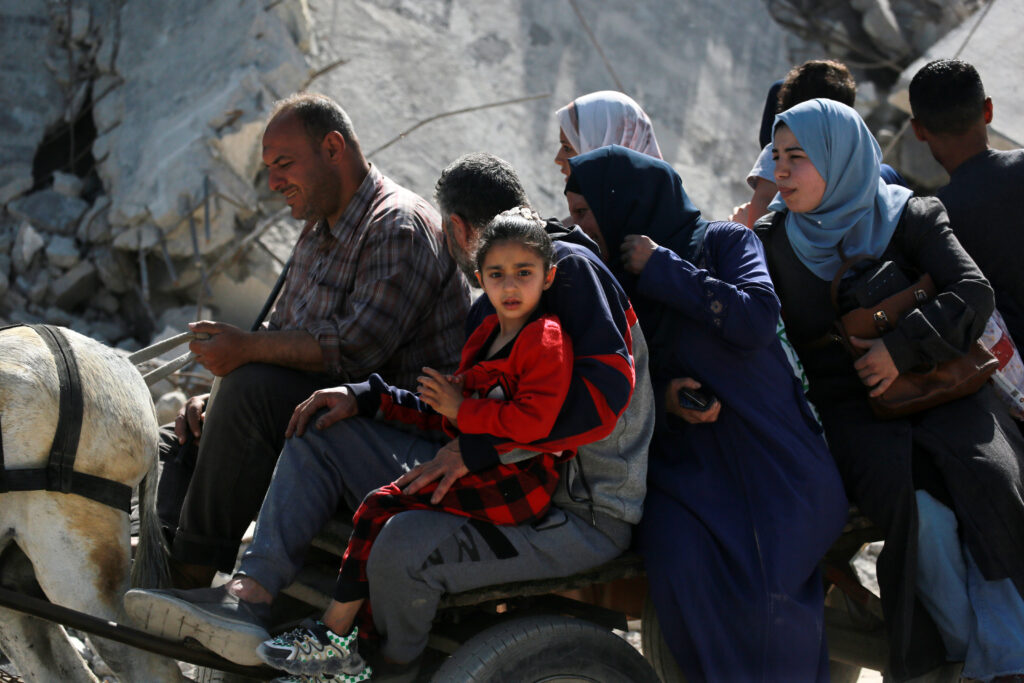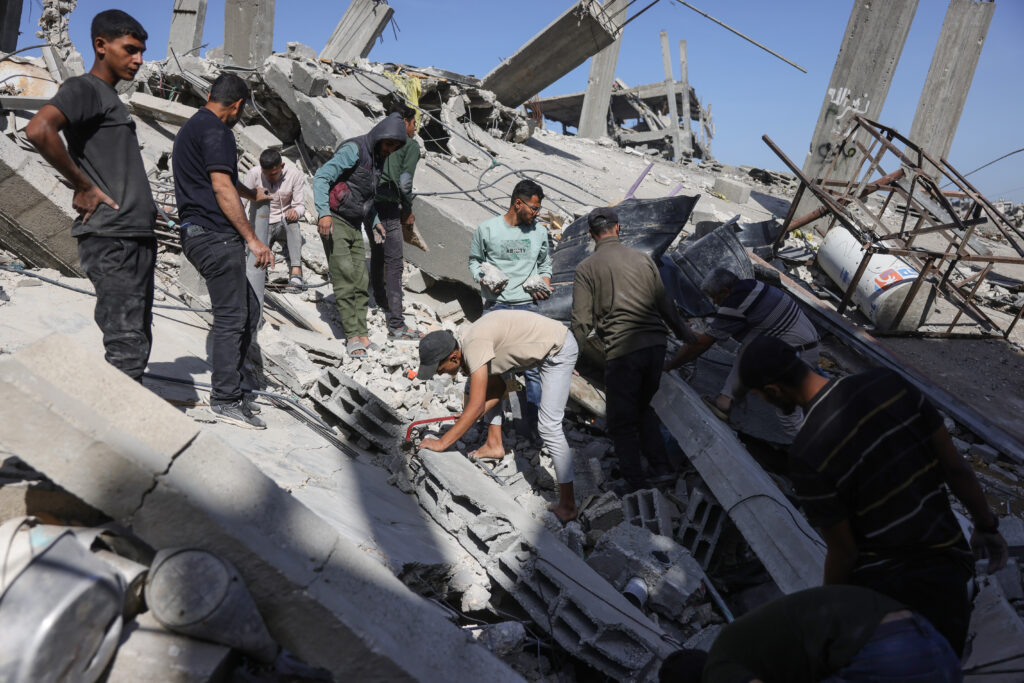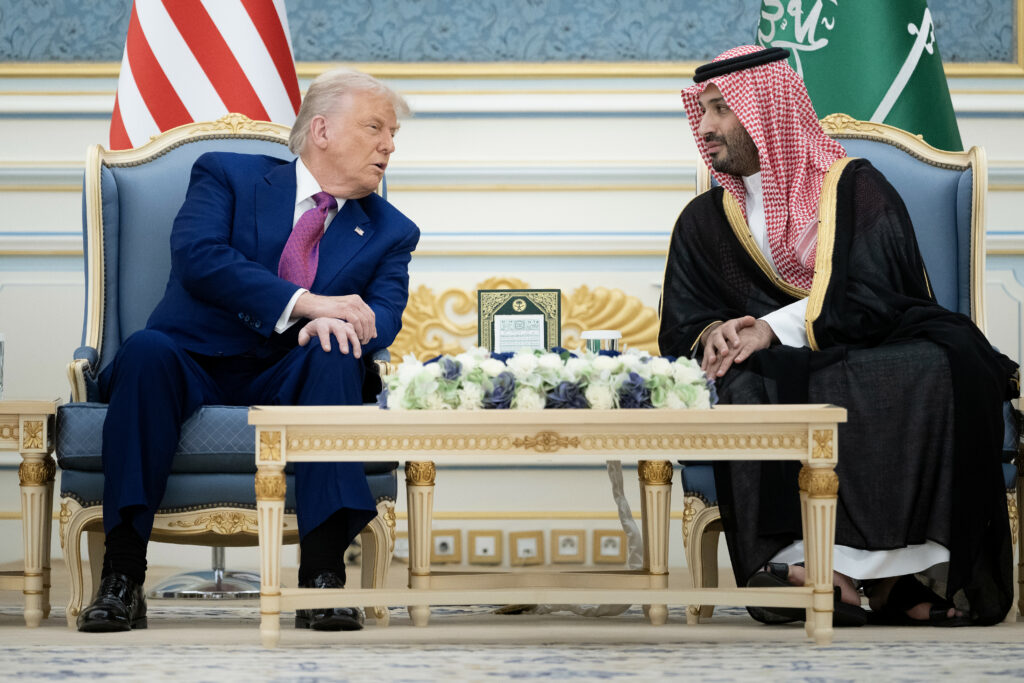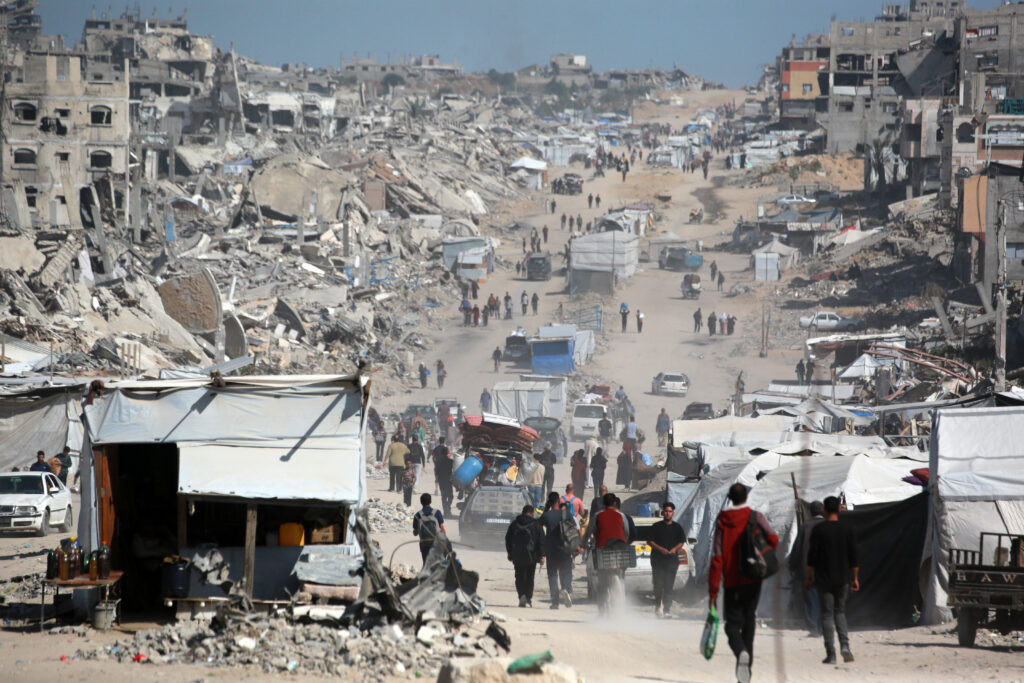Libya’s Tripoli back to calm after bout of deadly violence
Flights resumed on Friday at Tripoli airport as businesses and markets reopened after days of deadly fighting between armed groups in the Libyan capital.”Last night, for the first time since Monday, residents of the capital were able to sleep without hearing explosions or gunfire,” an interior ministry official told AFP, speaking on condition of anonymity.After the bout of violence that pitted armed groups aligned with the Tripoli government and rival factions it seeks to dismantle, the official said: “We believe the situation is moving toward a ceasefire.”Security forces were out in force for an anti-government demonstration joined by around 1,000 people from various parts of the capital, AFP journalists reported.But there were no immediate reports of any disturbances.Ahead of the demonstration, the UN Support Mission in Libya, UNSMIL, had underlined “citizens’ right to peaceful protest” and warned against “any escalation of violence”.Authorities have deployed teams to clear the streets of barricades, burned-out vehicles and rubble caused by the violence, the latest outburst in Libya which has remained deeply divided since the 2011 NATO-backed revolt that toppled and killed longtime leader Moamer Kadhafi.The country is split between a UN-recognised government in Tripoli, led by Prime Minister Abdulhamid Dbeibah, and a rival administration in the east controlled by the family of military strongman Khalifa Haftar.The violence in Tripoli was sparked by the killing of Abdelghani al-Kikli, head of the Support and Stability Apparatus (SSA) faction, by the Dbeibah-aligned 444 Brigade.A second wave of clashes pitted the 444 Brigade against another group, the Radaa force, which controls parts of eastern Tripoli and several key state institutions.A string of executive orders had sought to dismantle Radaa and dissolve other Tripoli-based armed groups, excluding the 444 Brigade.UNSMIL said on Thursday there was a “truce” in Tripoli, calling on “parties to take urgent steps to sustain and build upon it through dialogue”.It said that “at least eight civilians” were killed in the clashes, “which drew armed groups from outside the city and subjected heavily populated neighbourhoods to heavy artillery fire”.The interior ministry source said authorities were patrolling key parts in Tripoli, as “armed groups’ vehicles” withdrew from flashpoint areas.”It’s a positive thing, and it indicates good intentions,” said the source.Human rights group Amnesty International demanded that “militia leaders (be) held to account after the outbreak of violence in Tripoli”. It said for years, groups including the SSA “terrorised people in Tripoli through enforced disappearances, torture, and other crimes under international law”. The International Criminal Court announced on Thursday that Libya had recognised its jurisdiction over allegations of war crimes committed in the North African country since 2011.
